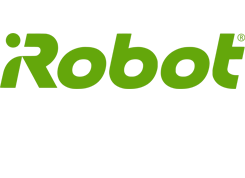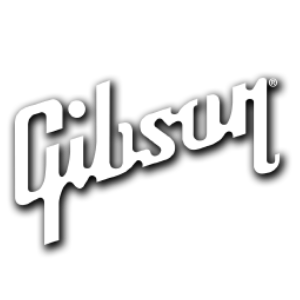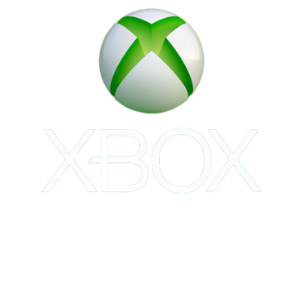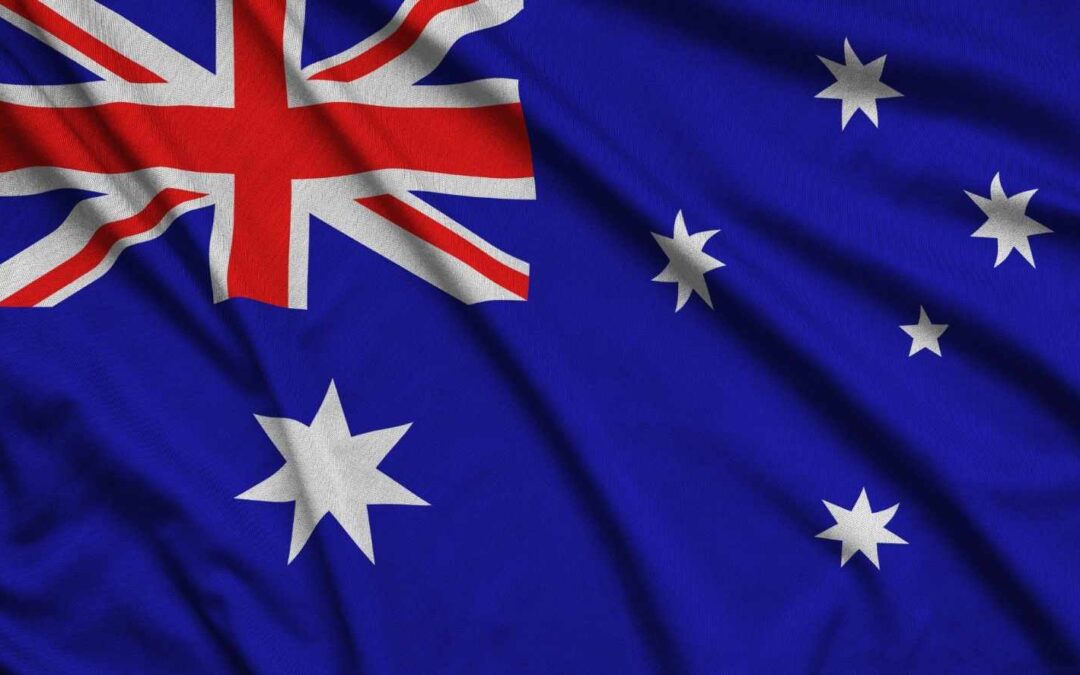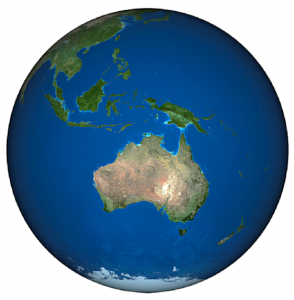 If you’re bringing your U.S.-based business down under to Australia, or simply looking to market to an Australian audience, guess what? Localization is key! Yes, English is spoken in both countries, but did you know that English happens to have a remarkable amount of differences as it’s used across regions and cultures? Localizing your website, your marketing materials and other aspects of your business will not only prevent the possibility of embarrassing situations, but it will also help you to make a true connection with your intended audience.
If you’re bringing your U.S.-based business down under to Australia, or simply looking to market to an Australian audience, guess what? Localization is key! Yes, English is spoken in both countries, but did you know that English happens to have a remarkable amount of differences as it’s used across regions and cultures? Localizing your website, your marketing materials and other aspects of your business will not only prevent the possibility of embarrassing situations, but it will also help you to make a true connection with your intended audience.
If you read our recent UK localization blog, you know that U.S. English varies greatly from UK English. Now we’re telling you that both of these versions of English differ from Australian English. Before you get too confused, however, let’s take a look at some things you should know about Australian English.
1. Australian slang could really be its own language.
Many Australians (or Aussies) love to shorten words and phrases when they speak. This sometimes causes foreigners to be completely perplexed. For example:
- “Air con” means “Air conditioning”
- “Sickie” means “Calling in sick to work”
- “Script” means “Prescription”
- “Postie” means “Postal worker”
- “Scratchy” means “Scratch lottery ticket”
And the list goes on… and on!
2. Understand the most common lingo of the land.
Understanding everyday words and terms can have a big impact on day to day activities if you’ll be spending time in Australia. If you don’t know that “Macca’s” is McDonald’s, you might find yourself wandering around town, aimlessly looking for a non-existent restaurant! And if you find that Australians keep asking you, “How ya going?” don’t feel lost. They’re simply asking how you are. You could always say you’re “knackered” (tired) or “ropeable’” (very angry). Here are a few other commonly used words down under:
- “Arvo” means “Afternoon”
- “Kip” means “Nap”
- “Stubbie” means “Bottle of beer”
- “The lot” means “Everything”
- “Zed” – This is how Australians pronounce the letter “Z”
3. Be aware of terms within the fashion industry.
If your company is in the fashion industry, you should know a few important terms. For example, if you sell flip-flops, realize that they are called “thongs” in Australia. You should also know the following terms in case someone walks into your store looking for these items:
- “Swimmers” means “Bathing suit”
- “Sunnies” means “Sunglasses”
- “Jumper” means “Pullover sweater”
4. Know your food items.
Whether your company is in the food business or you plan to take an Australian client out to eat, here are some popular food-related terms:
- “Cuppa” means “A hot beverage”
- “Flat white” means “Coffee with milk or cream”
- “Jelly” means “Jell-O”
- “Mash” means “Mashed potatoes”
- “Avo” means “Avocado”
- “Sanger” means “Sandwich”
We hope you enjoyed reading some of these interesting (and fun) Australian terms! Just remember: No matter what type of business you have, if you want to appeal to an Australian market you should always work with a company that specializes in professional localization services. Here at Metro AV, we can take care of all of your Australian localization needs. Contact us today for a quote on your project!

